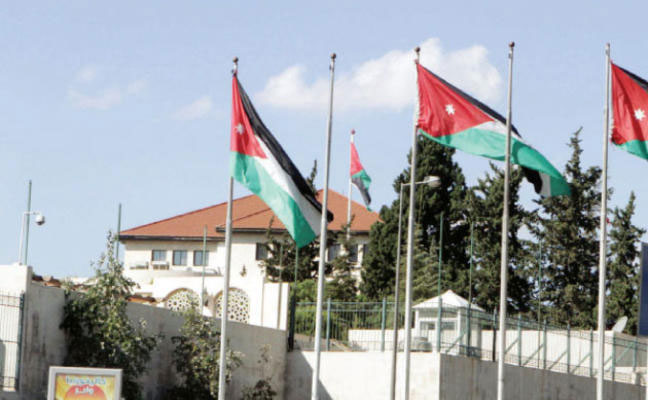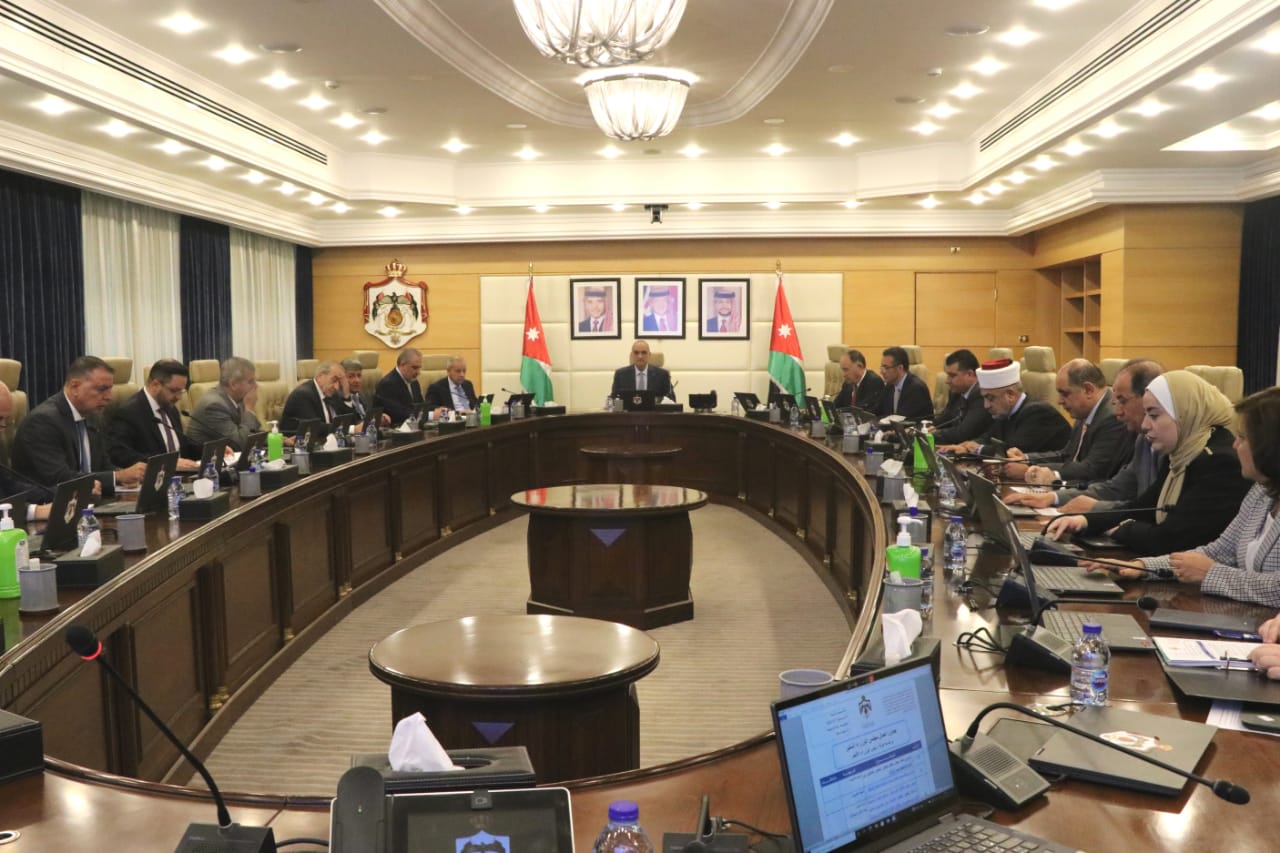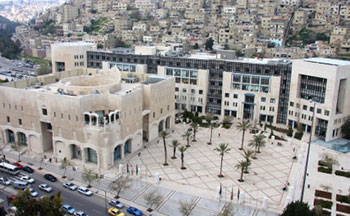 Service and Public Administration Commission
Service and Public Administration Commission
Service and Public Administration Commission

General Information
Civil Service Bureau (CSB)
Background and Development of Governing Regulations
The Civil Service Bureau (CSB) was established on May 20, 1955 in accordance with law No. 11 of 1955 in response to the developments that occurred following the declaration of the of the Hashemite Kingdom of Jordan and the endorsement of the existing 1952 Constitution. It was an era of steady increase in the numbers of civil servants as a result of the horizontal and vertical expansion of the governmental institution and agencies to provide citizens with various types of services, particularly after the significant population increase resulting from the large number of refugees in the aftermath of the 1948 War.
The Civil Service Statute No. 1 for the year 1948 was the first underlying regulation to deal with managing and organizing Personnel and civil service affairs in the Hashemite Kingdom of Jordan. Consisting of 200 Articles, the statute addressed the broad outlines of appointing civil servants and classifying civil servants into two categories (first and second) in addition to the contract category. The cadre’s position has been distributed against a ten-grade wage scale.
In 1965, the Higher Council decided, in accordance with Article 120 of the Constitution, that regulations, directions, and bylaws addressing management and servants affairs must be adopted through statutes rather than laws. Consequently. The subsequent year witnessed the adoption of the Civil Service Statute No. 23 of 1966 which included several amendments to the categories of civil servants. The Statute clearly stipulated ministries and department should have special personnel committees that handle staff affairs. Also contained in the Statute are modern concepts related to the field of management of human resources in the governmental body such as the concepts of job classification, and providing civil servants with relevant training.
The Statute also included a special article that stipulates the establishment a training institute for civil servants.
Throughout the 1970s and 1980s
The principle of classifying civil servants into categories according to academic qualifications has been introduced for the first time. Against this principle, civil servants are classified into five categories: High, first, second, third, and fourth. A central Committee For Civil Servants Affairs replaced the Staff Selection Committee. In addition, as recommended by the statute, each governmental body shall have a special unit for staff affairs as well as a unit for management development, as part of institutionalizing the process of management development, which executes special function aiming at updating work methods and training civil servants in cooperation with concerned agencies.
Ten years later, the Civil service Statute No. 1 for year was approved. The 1998 Statute made legal amendments to 55 out of 169 articles contained in the previous Statute in the fields of appointment, performance evaluation, and others. The 1998 Statute also suggested a new classification pf civil servants that falls into more types: the classified, the permanently unclassified, and contracts. The previous five-category classification was retained.
Its expected that a new Civil Service Statute will be endorsed during 2002 which would categorize employees into two categories: permanent & contract. It will also integrate new concepts of Human Resources Management (HRM) in accordance with the government Public Sector Reform Program.
The Bureau has adequately formulated its management and organizational structures to cope with regulations that govern its objectives, tasks, and values. The Bureau has also formed special technical committees to amend and develop such regulations and to adopt the needed procedures for the implementation of these regulations. Such endeavors aimed at enhancing the efficiency and competency of civil service.
Contact Information
- Address
- amman - al_aqsa street in the opisite side of yonis shannak mousqe
- Telephone
- (962) 6 560 4181
- ZIP Code
- 11110
- Website
- http://www.csb.gov.jo
- Fax
- (962) 6 568 8293





